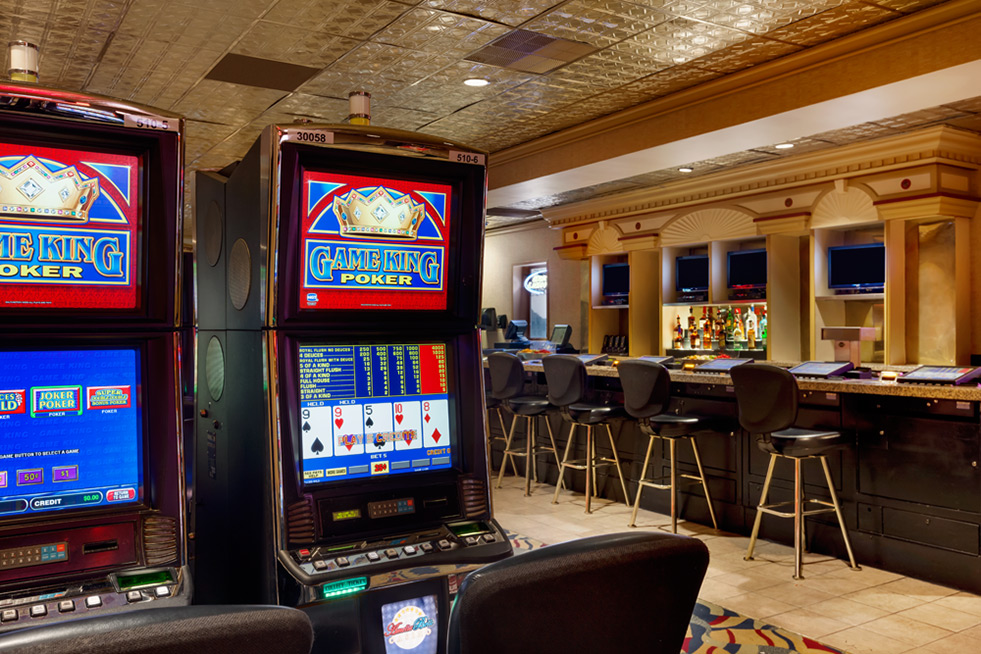
Gambling in casinos has long been a topic of interest and debate, attracting millions of players around the world. With a mix of luck, skill, and the thrill of risk, casino games offer an exciting escape from everyday life. However, as entertainment becomes ever more available, it calls for a more thorough examination of the ethical implications surrounding these games.
At the heart of the discussion lies the question of whether casinos promote safe gambling or exploit at-risk individuals. The appeal of potential winnings versus the truth of losses can create a complex situation, and understanding this balance is essential for both players and operators. As we delve into the morals of casino gaming, we will explore the responsibilities of casinos, the impact on society, and the measures that can be taken to foster a healthier gaming environment.
The Impact of Casino Gaming on Society
Casino gaming has a significant influence on societal dynamics, affecting not only the financial landscape but also social behaviors and local frameworks. The income generated from casinos can lead to employment opportunities and boost regional economies, as they provide numerous employment opportunities in different sectors including food and beverage, leisure activities, and retail. However, while the economic advantages can be significant, communities often grapple with the potential negative impacts that arise from higher gambling activity.
Additionally, the presence of casinos can lead to an increase in gambling addiction, presenting significant challenges for individuals and families. The thrill of casino games can quickly transform into a habitual habit, affecting personal relationships and leading to monetary issues. Many players may struggle with the loss of control over their gambling behaviors, resulting in a need for assistance programs and interventions to address this growing issue. The social cost of gambling addiction can ripple through families and neighborhoods, creating an urgent need for responsible gaming initiatives.
In addition to the economic and social consequences, casino gaming often reflects cultural attitudes towards uncertainty and leisure. It can foster a sense of joy and leisure, attracting visitors and boosting tourism. However, this allure may also conceal the wider implications of gambling as a method of entertainment, raising ethical questions about its advertisement and accessibility. As communities weigh the benefits and disadvantages of casino gaming, the need for sensible approaches and regulation becomes increasingly critical in ensuring that the beneficial elements are enhanced while reducing the potential harms.
Ethical Issues in Gambling Practices
The ethics of gambling operations often center around the potential for addiction and its effects on individuals and households. Gambling can lead to significant monetary distress, impacting not only the betters but also their loved ones. As individuals become entrapped in the allure of winning, many lose track of their financial limits, which can result in devastating results such as bankruptcy. This poses moral questions about the responsibility of gambling establishments in fostering responsible gaming practices and providing support for those who may be struggling with gambling addiction.
Another critical issue is the promotion of betting to at-risk groups. Gambling establishments often aim at low-income people or neighborhoods with the offer of fast gains, which can continue cycles of poverty and despair. In this context, the ethics of marketing strategies used by gambling establishments come under examination, as they may take advantage of the need of individuals seeking an escape from economic troubles. This exploitation raises moral questions about the integrity of the betting industry and its responsibility to protect its most vulnerable patrons.
Additionally, the effect of casino operations on the community as a whole cannot be ignored. While some argue that gambling establishments create jobs and stimulate local economies, others point to the community costs associated with problem gambling, increased criminal rates, and a burden on public services. Balancing economic benefits with the risk for community issues presents a complex moral dilemma for policymakers and casino operators alike. The difficulty lies in discovering a responsible approach that prioritizes the welfare of individuals and communities while still permitting for the enjoyment of gambling gaming.
Regulation Structure and Responsibilities
The oversight framework related to gaming activities is created to ensure fairness, trustworthiness, and player safety. Multiple government entities and gaming commissions establish and implement regulations that dictate how casino activities function, the standards for game design, and the processes for processing rewards. These regulations differ by region but usually involve permit requirements for businesses and rigorous measures to avoid fraud and dishonesty.
In furthermore to regulatory bodies, gambling businesses bear significant accountability in upholding principled standards within their establishments. They must adopt responsible player practices that promote player safety and education, including providing self-exclusion options and offering information about the dangers associated with gambling. Establishments are also obligated for training staff to identify signs of compulsive betting and know the proper steps to help customers in need.
Furthermore, clarity in casino operations is essential for earning and keeping public faith. Casinos should provide clear information about the odds of games, marketing offers, and any connected hazards. By creating an culture of transparency and trust, casinos can help reduce the potential harmful impact of gaming while boosting the complete gaming experience for all players.
Đá gà ga88
